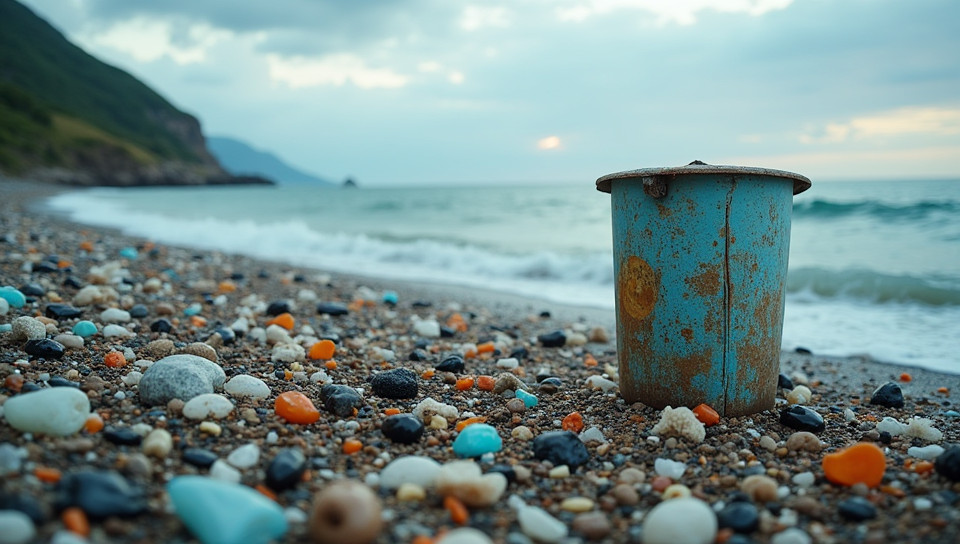Composting can't solve plastic pollution in oceans completely 55%

The Unseen Limitations of Composting: Why it Can't Solve Plastic Pollution
As we continue to grapple with the devastating effects of plastic pollution in our oceans, many of us are turning to composting as a potential solution. The idea is simple: by composting organic waste, we can reduce the amount of trash that ends up in landfills and ultimately makes its way into the ocean. But while composting is an important step towards reducing waste, it's not a panacea for plastic pollution in our oceans.
The Role of Composting in Reducing Waste
Composting is a natural process that breaks down organic materials like food scraps and yard trimmings into a nutrient-rich soil amendment. By composting, we can divert a significant amount of waste away from landfills and reduce the need for synthetic fertilizers. However, composting has its limitations when it comes to plastic pollution.
The Problem with Plastic Pollution
Plastic pollution in our oceans is a complex issue that involves not just organic waste, but also non-biodegradable plastics like bags, bottles, and microbeads. These plastics don't break down like organic materials do, and they can persist in the environment for hundreds of years. When plastic debris enters the ocean, it can harm marine life, contaminate the food chain, and even make its way back to our plates.
Why Composting Can't Solve Plastic Pollution
While composting can help reduce waste, it won't solve the problem of plastic pollution in our oceans. Here are some reasons why:
- Plastics don't break down like organic materials do
- Many plastics are designed to be durable and long-lasting
- Plastic debris can come from a variety of sources, including litter, industrial runoff, and sewage
- Composting alone won't address the issue of microplastics or plastic fibers that are already in our environment
What Can We Do Instead?
So if composting can't solve plastic pollution, what can we do instead? Here are some suggestions:
- Reduce our use of single-use plastics like bags, straws, and water bottles
- Increase recycling efforts and improve waste management infrastructure
- Support policies that promote a circular economy and reduce plastic waste
- Educate ourselves and others about the issue of plastic pollution and its impacts
Conclusion
Composting is an important step towards reducing waste, but it's not a silver bullet when it comes to solving plastic pollution in our oceans. By acknowledging the limitations of composting and taking action to address plastic pollution directly, we can work towards a more sustainable future for all. It's time to rethink our relationship with plastics and take concrete steps to reduce their impact on our planet.
- Created by: Amelia Rivera
- Created at: Aug. 19, 2024, 11:21 p.m.
- ID: 7804



